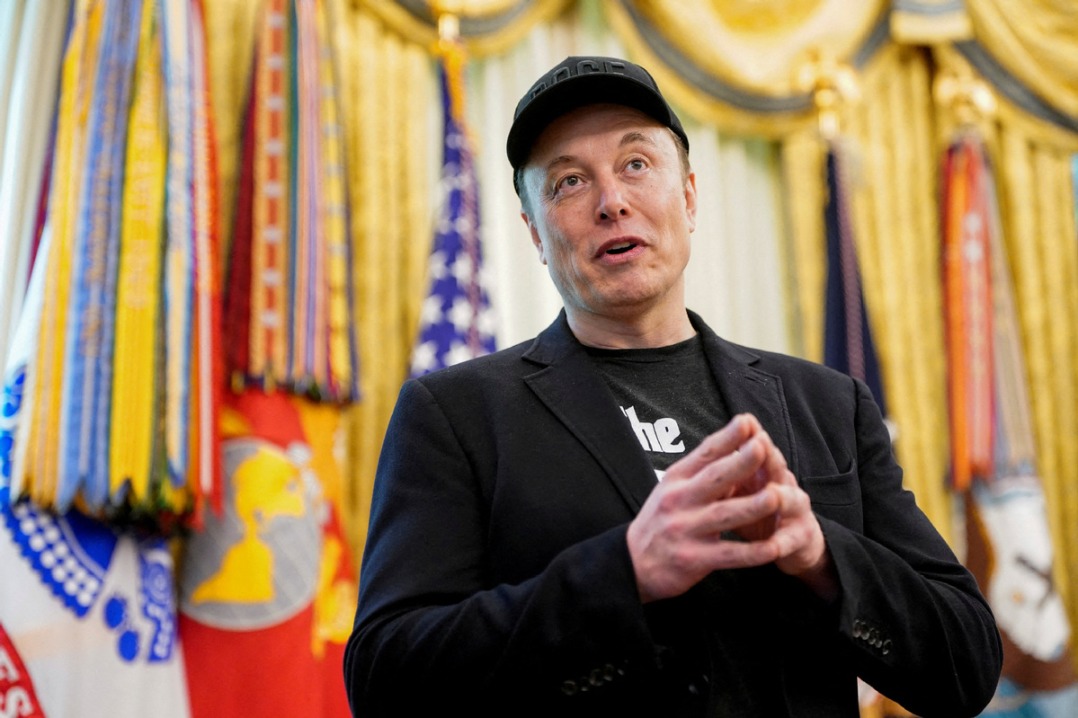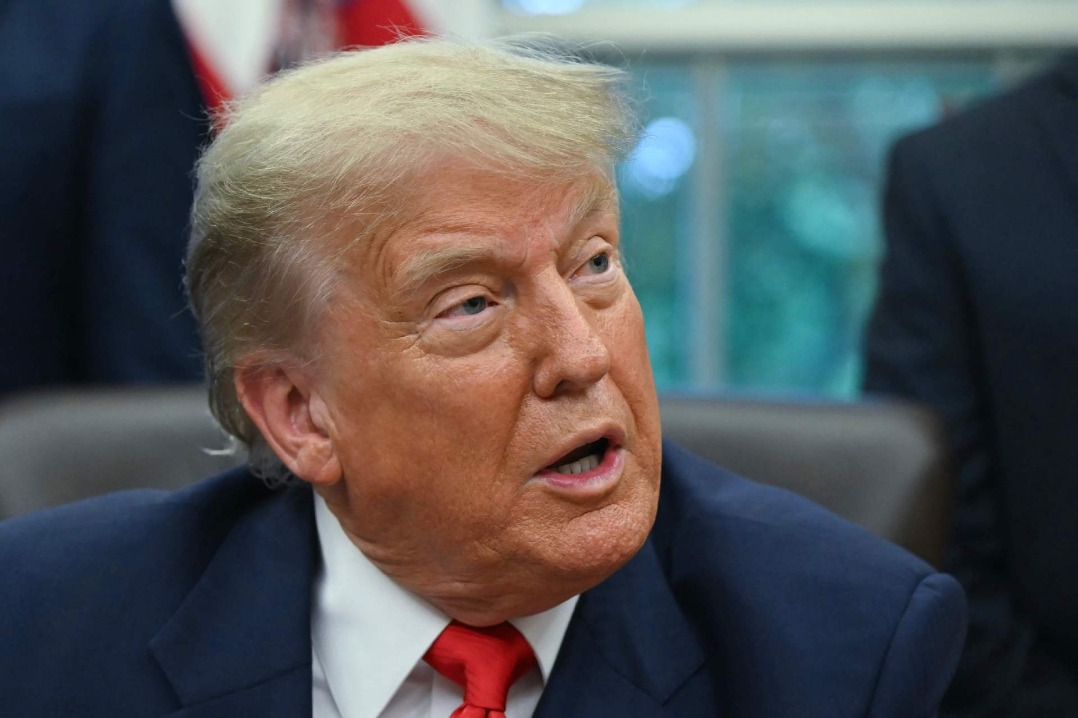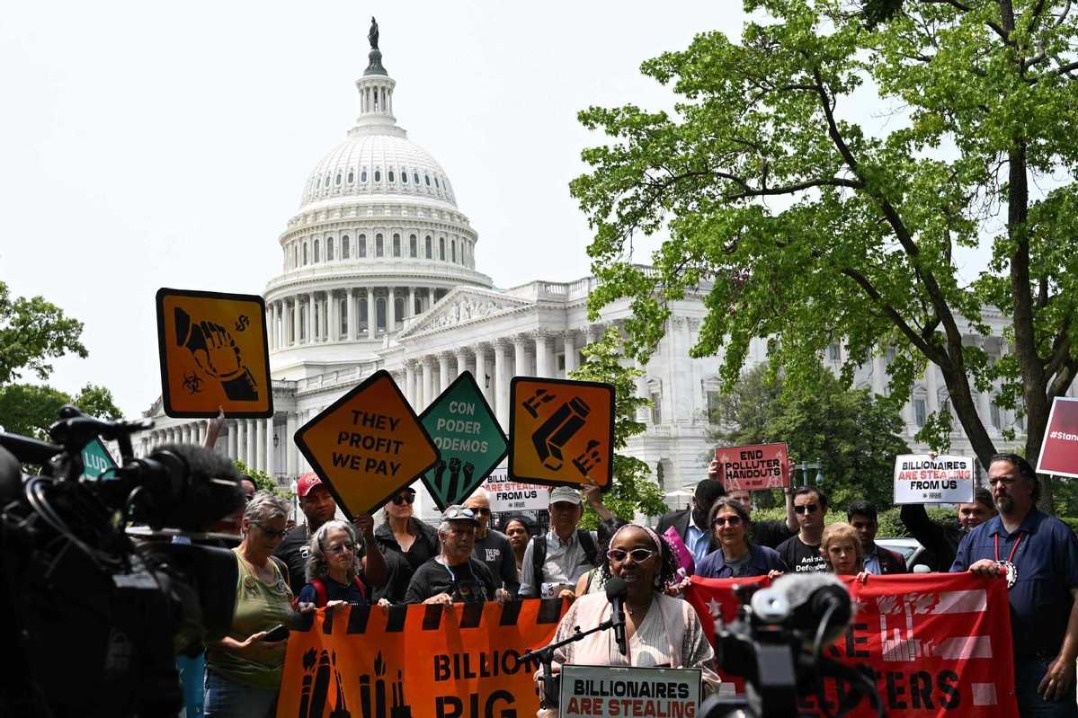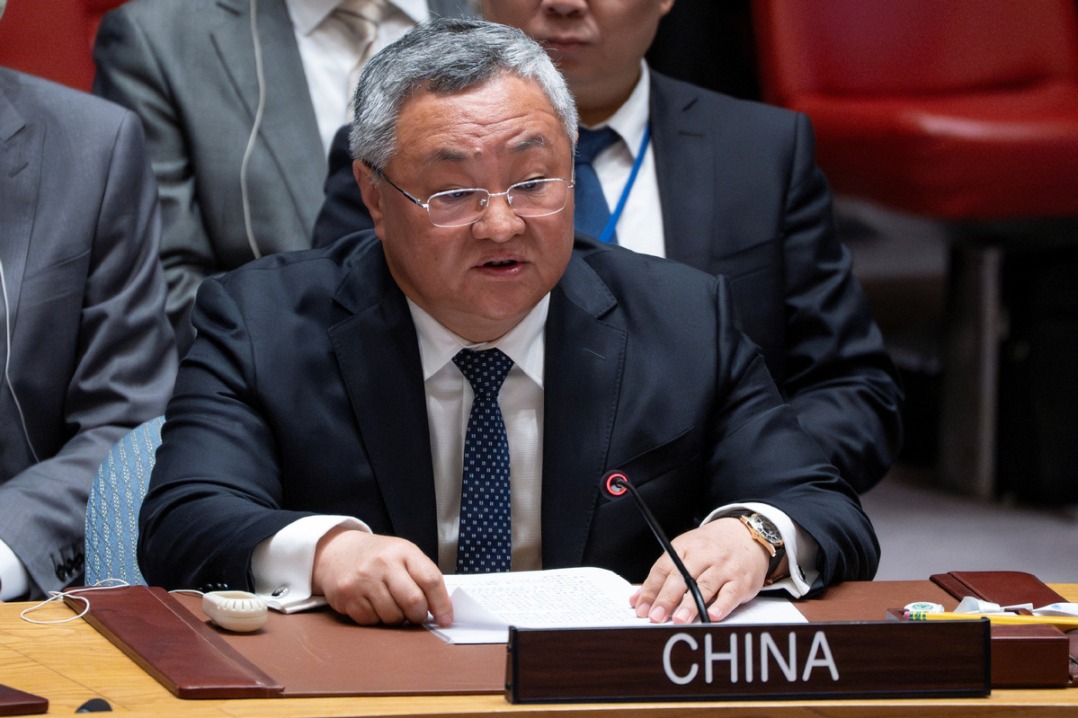'Competition 2.0' aims at unfair advantage

Reinvesting in research
To maintain the leadership in science and technology, experts have called on attracting talent from the world and reinvesting in basic research.
On one hand, the US needs immigration reform to ensure foreign talent are attracted to the country and stay in the country and contribute; on the other hand, the US needs to invest in basic research, said Glenn Tiffert, a research fellow at the Hoover Institution of Stanford University, at a recent panel discussion examining the research collaboration between the US and China amid competition.
"It should be easy to do and yet our strategies have mostly been about restricting rather than enabling," he said.
While the US is still "the envy of the world", the nation's per capita research productivity is less than Germany's, the UK's and China's now, said Tiffert.
"We're simply resting on our laurels," he said, adding that the US has not been investing in its higher education system.
"It's about reinvesting in America. I'm deeply troubled by the debt agreement that was signed in the Congress that did not appropriate money that was authorized for basic research and the Chips Act," Tiffert said.
"Just as a matter of inflation, the government support for basic research will shrink next year. It's impossible for us to compete (with China) on those terms," he said.
He said the US' strategy shouldn't rely on China to fail or on the US to throw obstacles in China's path.
"We win the competition by being better versions of ourselves, by being a more welcoming environment, by encouraging people to stay, by creating pathways for them to contribute," said Tiffert.
Agencies and Xinhua contributed to this story.


































